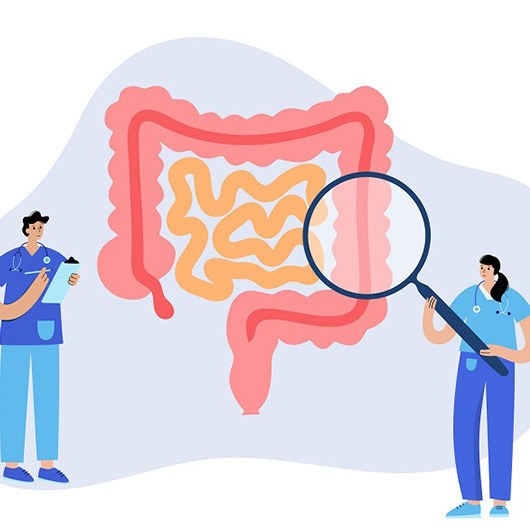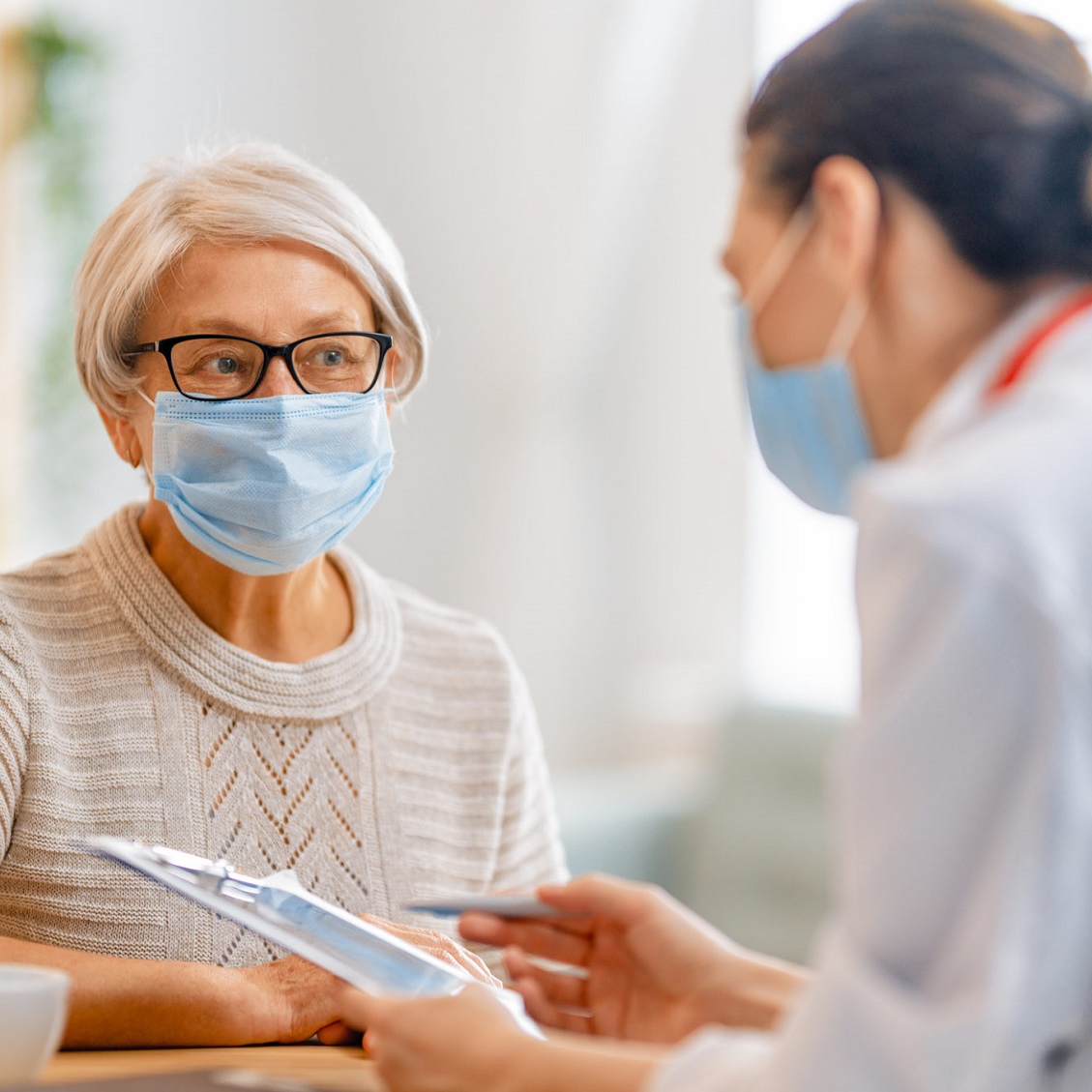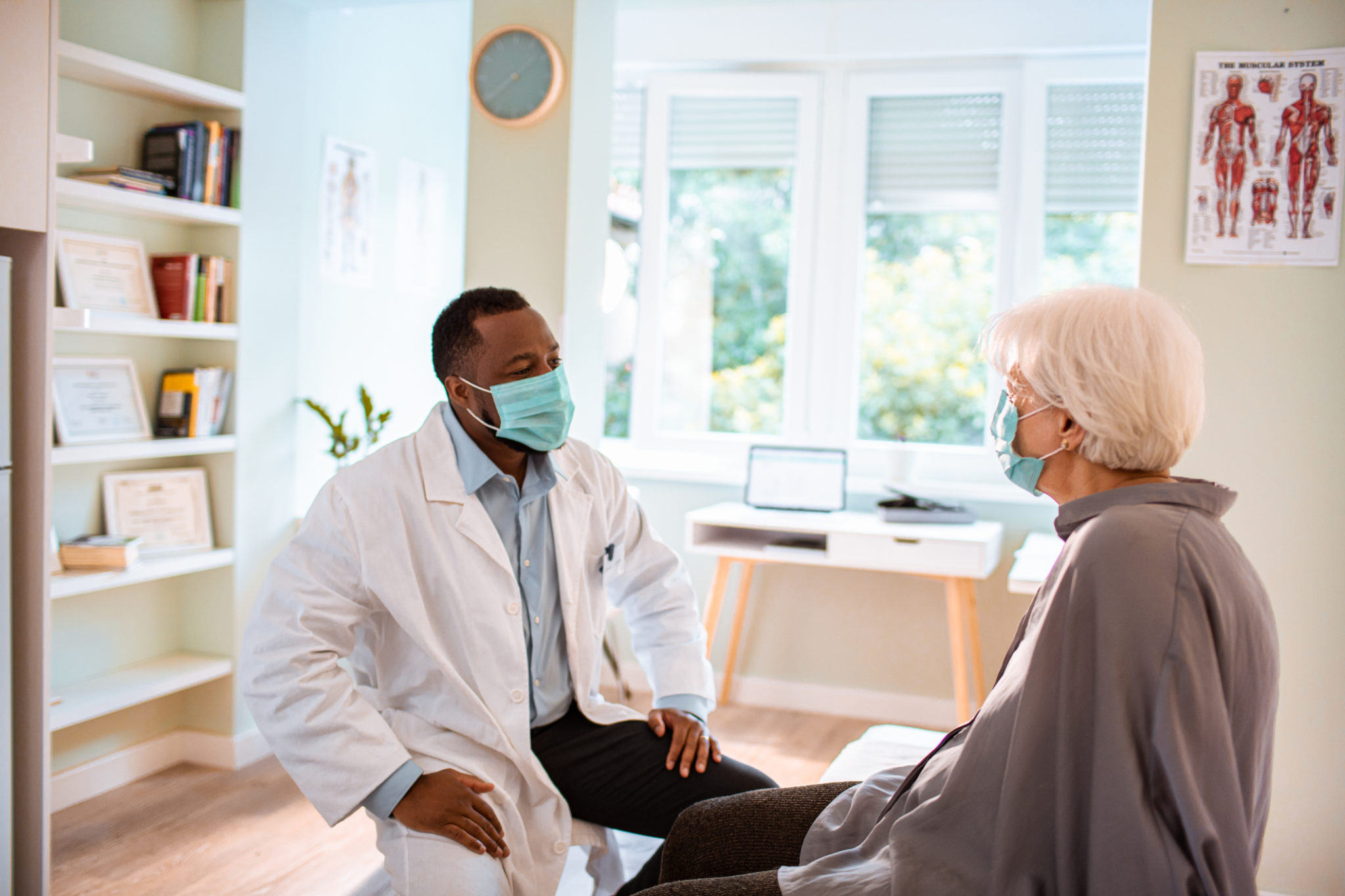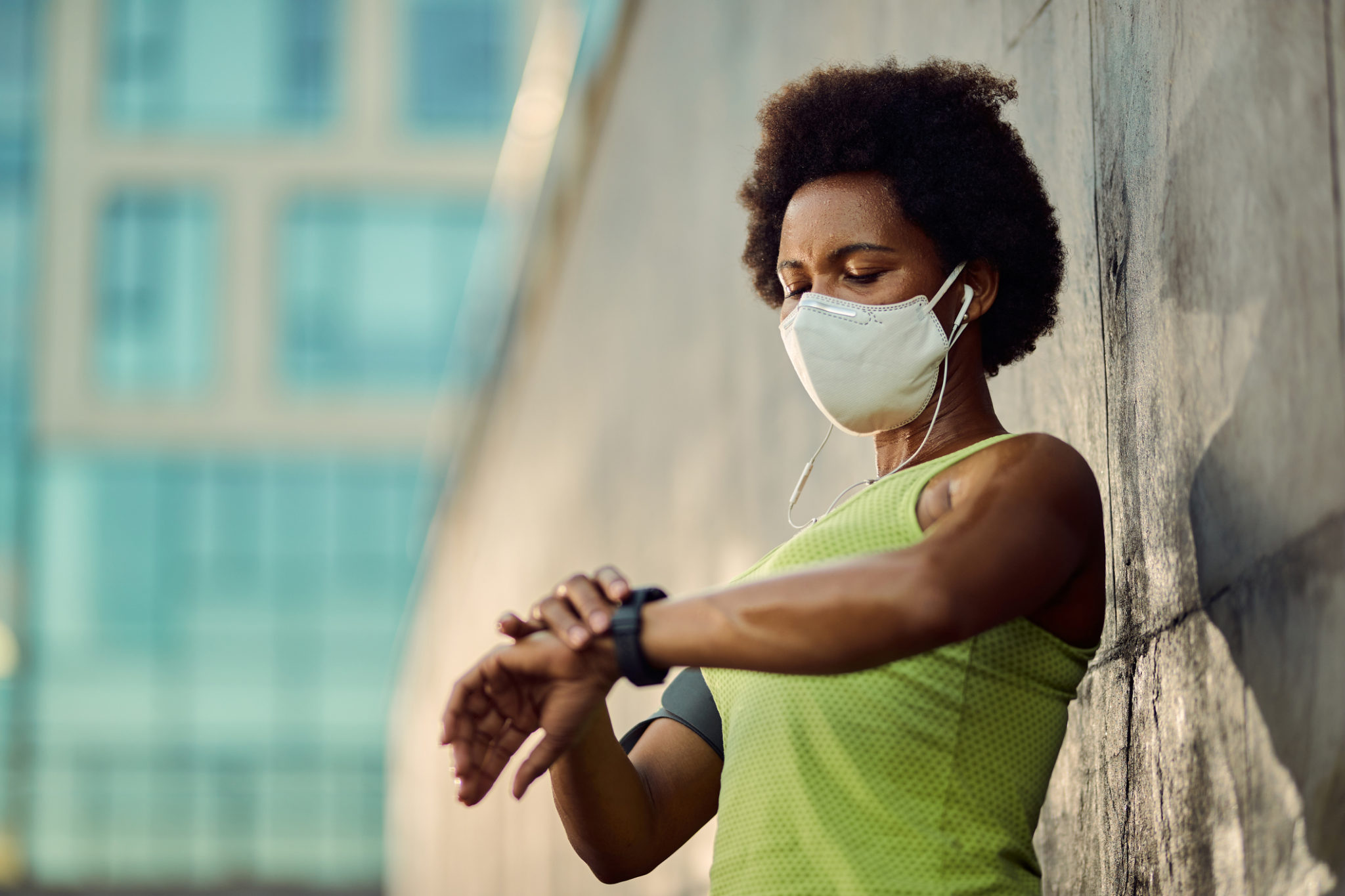Are Colonoscopies Really That Bad?
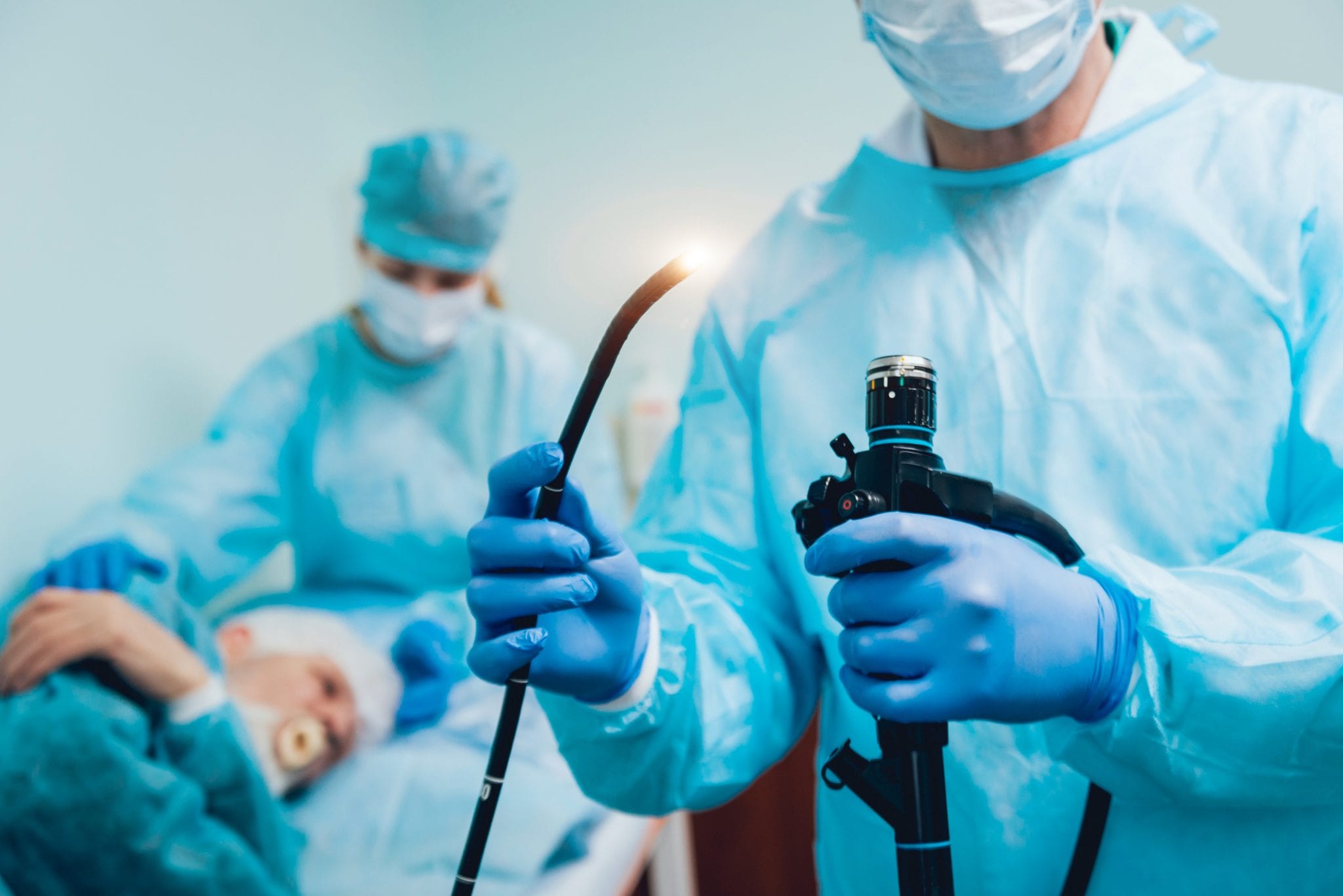
October 22, 2019
Updated June 24, 2025.
You probably dread a few things about hitting middle age, and getting a colonoscopy is probably high on that list.
Most doctors recommend getting a colonoscopy when you turn 45. The exam screens for colorectal cancer, the second leading cause of cancer death in the U.S. Colorectal cancer is slow-growing, so it’s treatable if caught early.
“The earlier we can catch this cancer, the better chance we have at treating it effectively,” says Southern Ocean Medical Center colorectal surgeon Michael P. Del Rosario, M.D.
Knowing what to expect when going for a colonoscopy can help you stay calm and get through the exam as comfortably as possible. Dr. Del Rosario answers some of the most common questions about colonoscopies and sets the record straight on their bad rap.
Do Colonoscopies Hurt?
Most patients don’t feel anything during the exam. You’ll receive medication to relax you, called a sedative. You may be awake enough to talk to your doctor during the exam, but some people may fall asleep. “Many patients don’t even remember they had a procedure,” says Dr. Del Rosario. You may also receive pain relievers. Your doctor will help you decide what medication is right for you.
What Is Colonoscopy Prep Like?
Preparing for a colonoscopy is, for most people, the most unpleasant part of the exam.
“To have a successful colonoscopy, your bowel must be completely clear, so your doctor can see your colon and look for polyps or other signs of disease,” notes Dr. Del Rosario.
To clear your bowel, you’ll take laxatives – medication that triggers diarrhea. Although prep is uncomfortable, there are some things you can do to make it go smoother:
- A few days before the exam, start eating a low-fiber diet. Avoid whole grains, nuts, seeds, dried fruit and raw vegetables.
- The day before your exam, switch to a liquid diet. Stock up on clear broth, black coffee or tea, clear juices, sports drinks, popsicles and any other fluids your doctor approves.
- You’ll start taking laxatives the afternoon or evening before your colonoscopy. Mix your laxative with a cold, clear sports drink or juice you enjoy. Divide the drink into smaller portions, so you don’t make yourself queasy.
- Bowel movements usually start within one to three hours of taking the prep. Be near a bathroom. Have something to pass the time like a book, phone or tablet. Be sure to have plenty of toilet paper or wipes. Apply diaper rash cream between bowel movements to protect your skin.
- Follow your doctor’s instructions about when to stop drinking the day of the colonoscopy. Ask your doctor about taking any daily medication or supplements.
Prep Like a Pro: Learn everything you need to know about colonoscopy prep
How Long Does a Colonoscopy Take?
A colonoscopy usually takes 30 minutes to an hour to complete.
Your doctor will look at your colon using a flexible camera. If they see anything unusual, they may take a small tissue sample, called a biopsy, for testing. They may also remove any abnormal growths, called polyps. Ideally, these steps either prevent cancer or catch it at a very early, treatable stage.
What Is Colonoscopy Recovery Like?
After the exam, it usually takes about an hour for the sedatives to wear off. You’ll wake up in a recovery room and stay until you’re ready to go home.
“You will probably feel some cramping or bloating, which should go away quickly,” says Dr. Del Rosario. “Walking around helps relieve these symptoms. If you had polyps removed or biopsies taken, you might see some light bleeding in your stool for a couple of days after the procedure.”
You’ll have to avoid alcohol, driving and operating heavy machinery for 24 hours after the procedure. Your doctor will tell you when it’s safe to start taking blood thinners again.
When Will I Get the Results of My Colonoscopy?
It can be scary waiting to hear about medical test results. “Your doctor may be able to tell you some basic information about how your colon looked and if any biopsies were taken right away,” Dr. Del Rosario says.
If you had biopsies or polyps removed, it may take a few days to learn more about the samples. You’ll usually review the results with your doctor at a follow-up appointment.
The Verdict
“Despite what your friends might say or what you read on the internet, colonoscopies really aren’t that bad,” says Dr. Del Rosario. The prep is probably the worst part, but it’s a temporary discomfort to protect your health. And most healthy people only have to have a few colonoscopies in their lifetime.
If you’re due – or overdue – for a colonoscopy, talk to your doctor about getting screened.
Next Steps & Resources:
- Make an Appointment: Book an appointment with a gastroenterologist near you, or call 800-822-8905.
- Prepare for Your Colonoscopy: Learn what you need to know to successfully prepare for a colonoscopy.
- Know Your Risk: Take our colon cancer risk assessment.
- Learn About Colon Care Options: Discover our comprehensive approach to treatment and how they can help you recover faster.
The material provided through HealthU is intended to be used as general information only and should not replace the advice of your physician. Always consult your physician for individual care.



